
Milk is a rich source of various nutrients, including essential and non-essential amino acids. Amino acids are the building blocks of proteins, and they play essential roles in various physiological processes within the body. Here are some of the essential and non-essential amino acids found in milk and their benefits:
Essential Amino Acids in Milk:
- Leucine: Leucine plays a crucial role in protein synthesis and is important for muscle growth, repair, and overall maintenance. It also helps regulate blood sugar levels and supports wound healing.
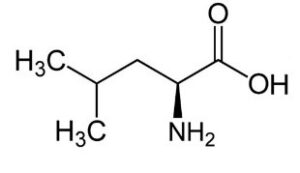
- Isoleucine: Isoleucine is involved in energy regulation, immune function, and haemoglobin production. It also helps with muscle repair and recovery.

- Valine: Valine is essential for maintaining proper nitrogen balance in the body and is important for muscle metabolism and tissue repair.
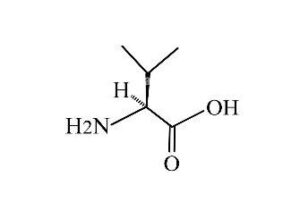
- Lysine: Lysine is crucial for collagen synthesis, immune system function, and calcium absorption. It also plays a role in the production of carnitine, which is important for converting fatty acids into energy.
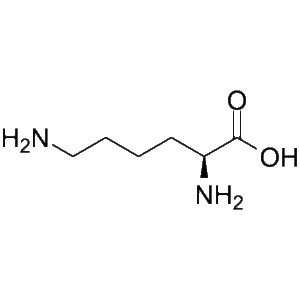
- Methionine: Methionine is involved in numerous functions, including the synthesis of other essential molecules and proteins. It also supports liver health and detoxification processes.

- Phenylalanine: Phenylalanine is a precursor for the neurotransmitters dopamine, norepinephrine, and epinephrine. It plays a role in mood regulation and cognitive function.

- Threonine: Threonine is important for protein balance, immune function, and the production of mucin, which is necessary for maintaining the health of the gastrointestinal tract.

Non-Essential Amino Acids in Milk:
- Alanine: Alanine is important for glucose metabolism and helps provide energy to muscles during periods of intense physical activity.

- Aspartic acid: Aspartic acid plays a role in the synthesis of other amino acids and is involved in energy production and neurotransmission.

- Glutamic acid: Glutamic acid is essential for brain function and is a precursor for the neurotransmitter gamma-aminobutyric acid (GABA).

- Glycine: Glycine is involved in the synthesis of various proteins, enzymes, and nucleic acids. It also plays a role in the central nervous system as an inhibitory neurotransmitter.

- Proline: Proline is important for collagen production and helps maintain the structural integrity of skin, tendons, ligaments, and cartilage.
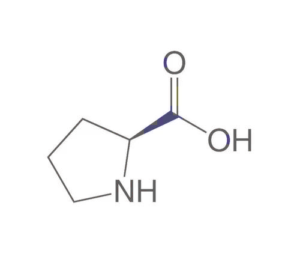
- Serine: Serine is involved in the metabolism of fats and fatty acids and is essential for the synthesis of cell membranes and other important molecules.
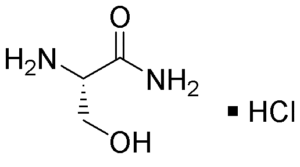
The combination of these essential and non-essential amino acids in milk makes it an excellent source of high-quality protein, which is essential for overall growth, repair, and maintenance of the body’s tissues and functions. Consuming milk regularly can help support muscle development, immune function, bone health, and various other physiological processes.


